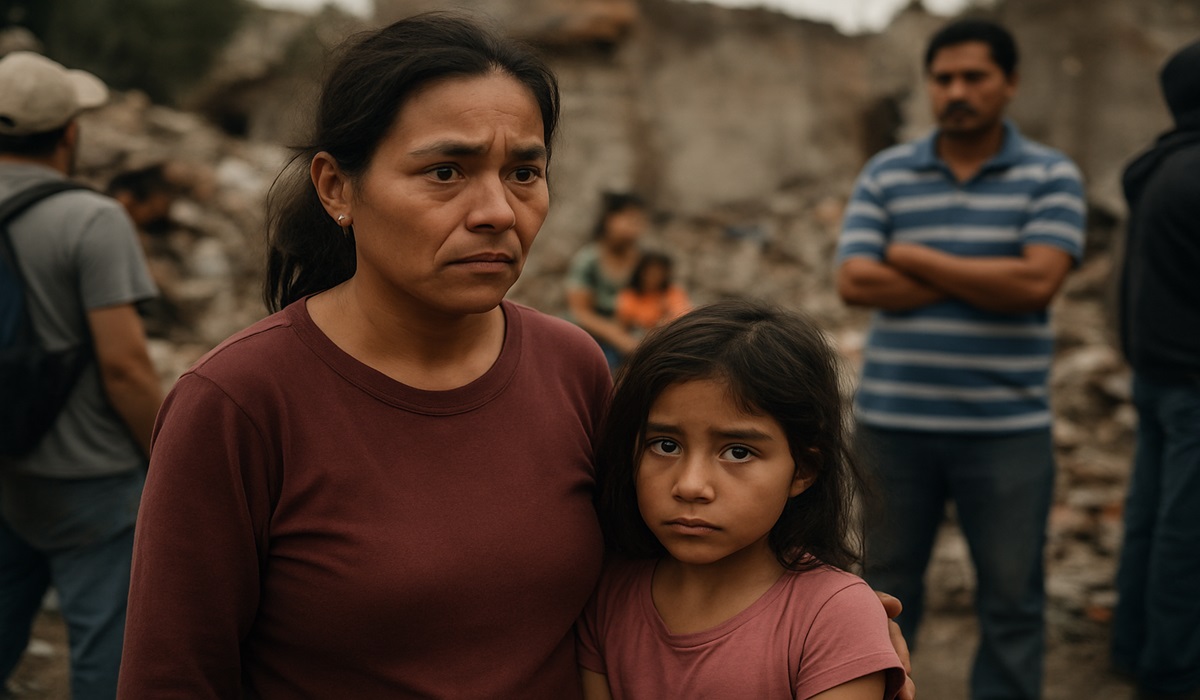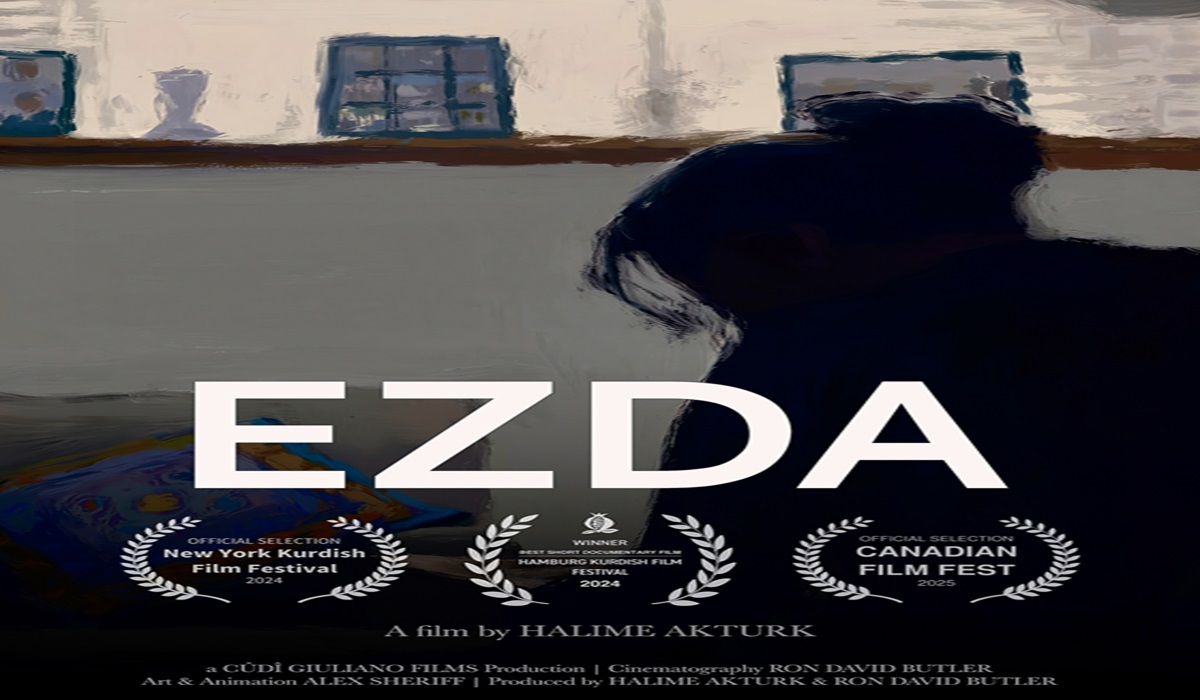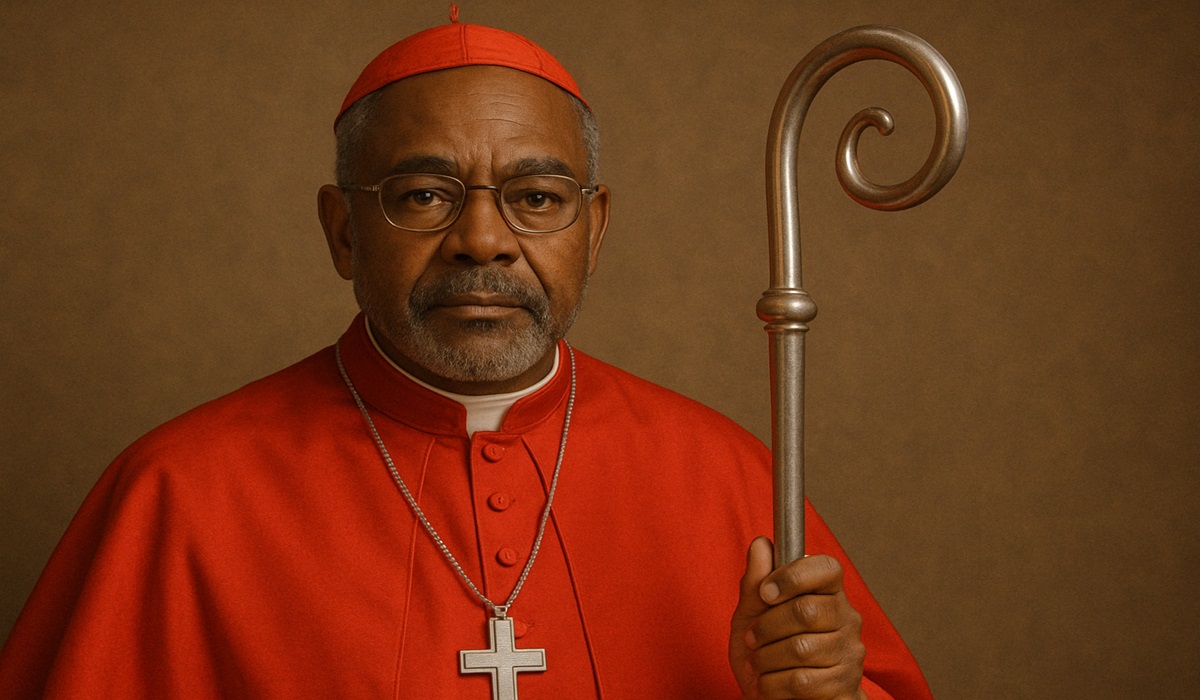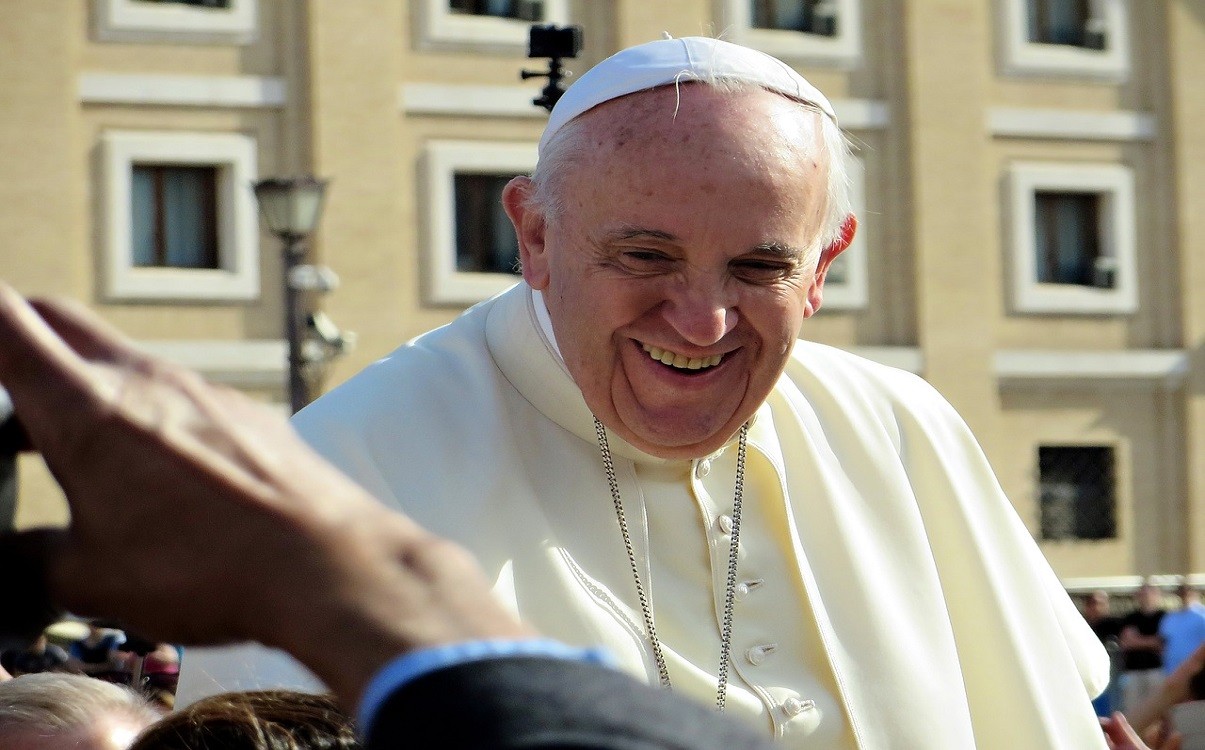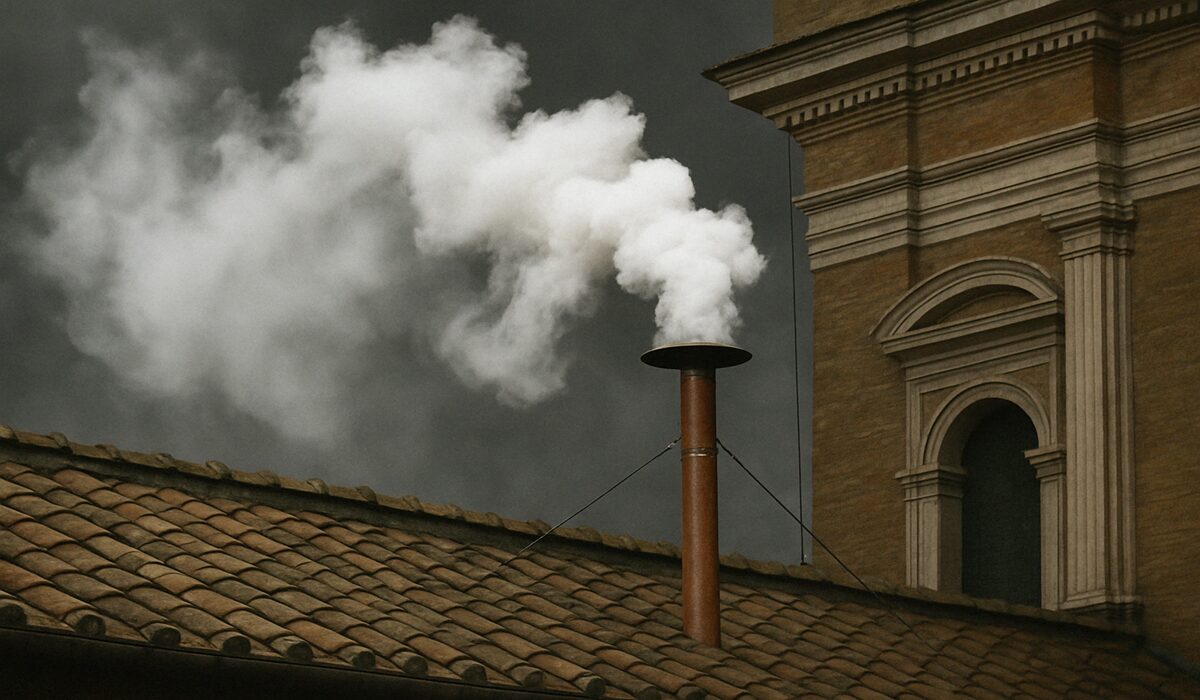Matteo Ricci: The Italian Scholar Honoured in the Heart of China
- TDS News
- D.O.C Supplements - Trending News
- China
- East Asia
- Forgotten History
- April 23, 2025
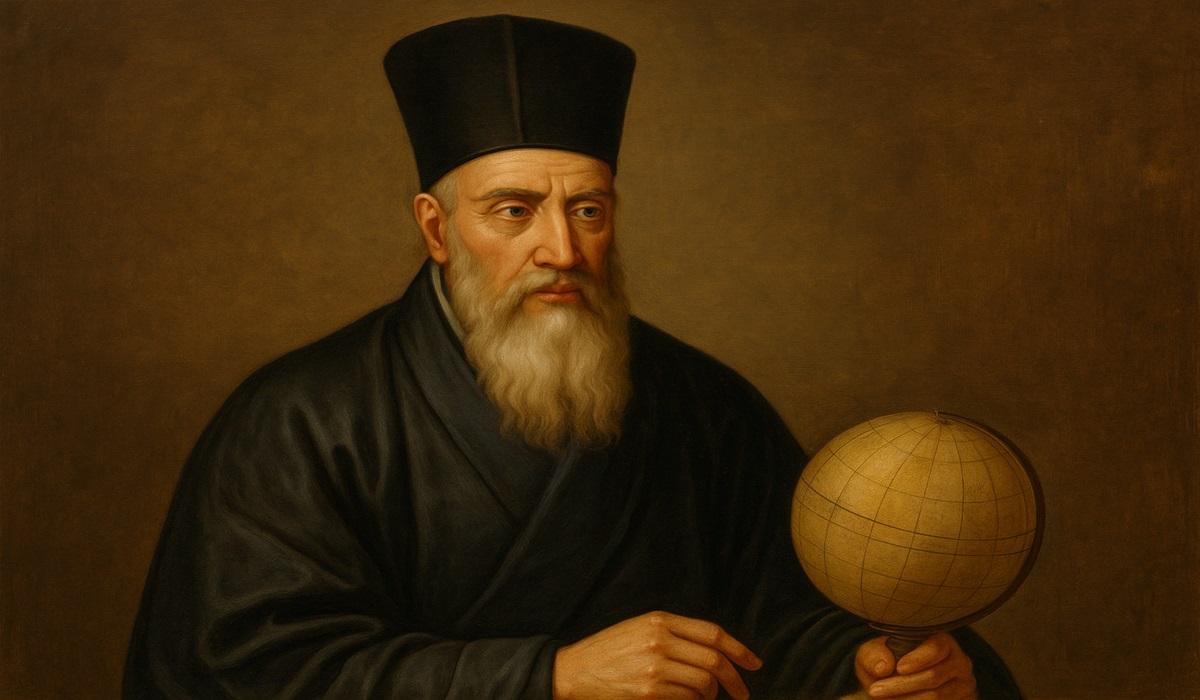
In an age when worlds rarely touched and cultures remained cautiously distant, Matteo Ricci did something remarkable. He crossed both ocean and worldview, not with conquest or presumption, but with intellect, integrity, and an unwavering respect for the civilization he encountered. His journey from Macerata, Italy to the imperial capital of Beijing would become one of the most significant cultural exchanges between Europe and China—one that earned him a final resting place within the walls of a city few foreigners had ever seen, let alone been honored in.
Born in 1552 and educated in the rigorous academic traditions of the Jesuit order, Ricci came to China equipped not only with theological training but with advanced knowledge in astronomy, mathematics, cartography, and philosophy. What set him apart, however, was not merely what he knew, but how he chose to share it. Rather than impose, Ricci immersed. He studied classical Chinese with the discipline of a scholar and engaged with Confucian thought not as a critic but as a student. He adopted Chinese dress, abided by courtly etiquette, and conversed with officials and scholars on equal terms.
Through this approach, Ricci opened doors once firmly shut. His maps introduced global geography to Chinese audiences. His translations and treatises bridged scientific knowledge. His dialogues with China’s literati demonstrated not a hierarchy of civilizations, but a meeting of minds. Ricci’s contribution to intellectual life in Ming China was not a transplant—it was a grafting that respected the root while offering new branches.
Perhaps the most powerful symbol of this respect came after his death in 1610. At the time, Beijing’s burial grounds were reserved strictly for Chinese citizens. Yet Emperor Wanli issued a rare decree: Matteo Ricci was to be buried in the capital. It was not a casual gesture. It was an imperial acknowledgment of his sincerity, his scholarship, and his place within the fabric of Chinese society.
Ricci’s tomb still stands in Beijing’s Zhalan Cemetery, now part of the campus of the Central Party School. That his memory remains preserved in this space—a place where future leaders are trained—underscores the enduring relevance of dialogue, learning, and diplomacy. His life continues to remind us that true influence comes not through assertion, but through understanding.
“The decision to bury Ricci in Beijing was not a gesture of exception, but a recognition of connection. He showed us that cultural dialogue is not a chapter in history—it is a living conversation we are still part of today.” His Excellency Ambassador ZOU Xiaoli, VP of the Chinese People’s Institute of Foreign Affairs
Ricci’s legacy lives not only in books or buildings but in the idea that cultures can meet without losing themselves. They can exchange without erasure. And when they do, the results are not just historic—they are human.

